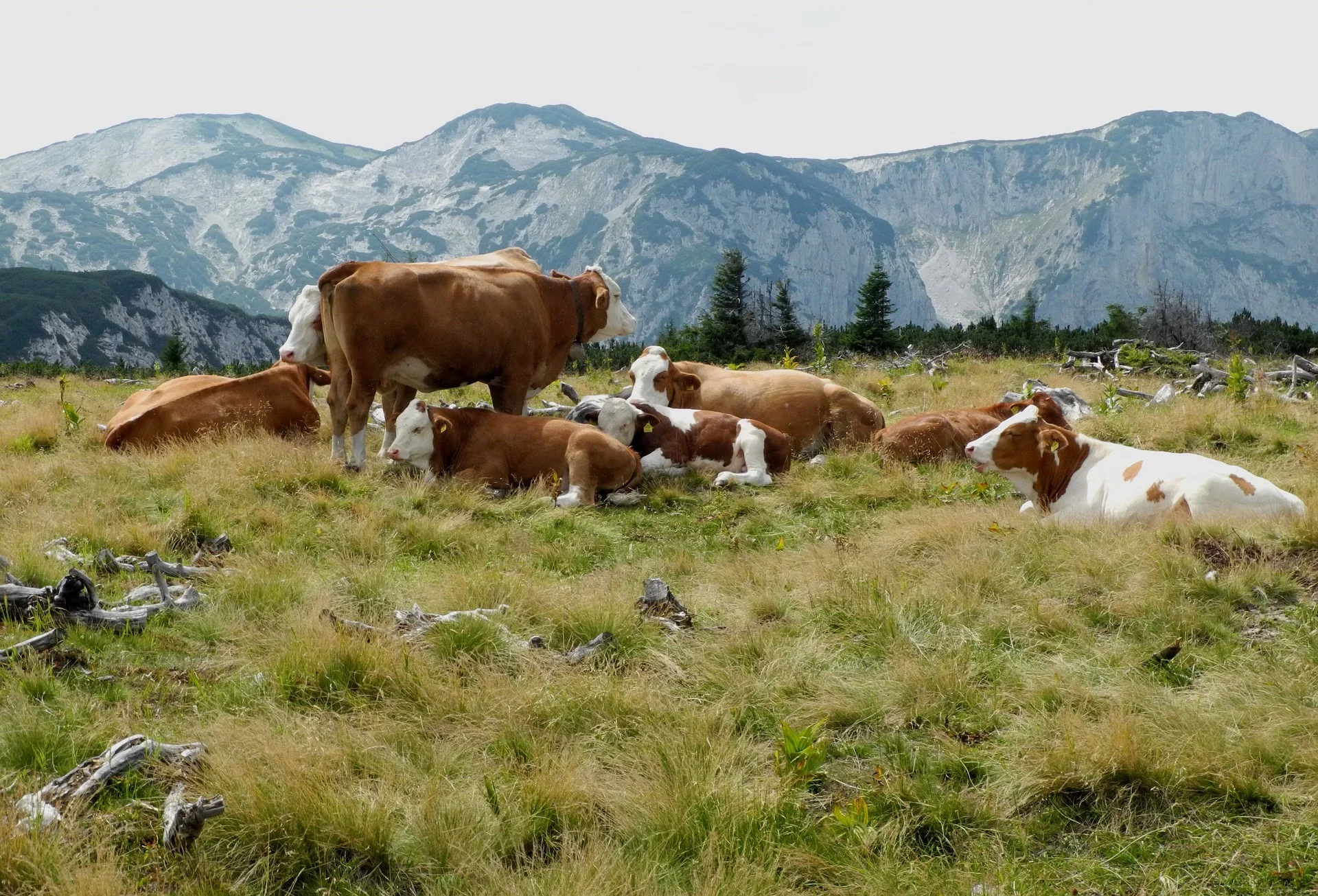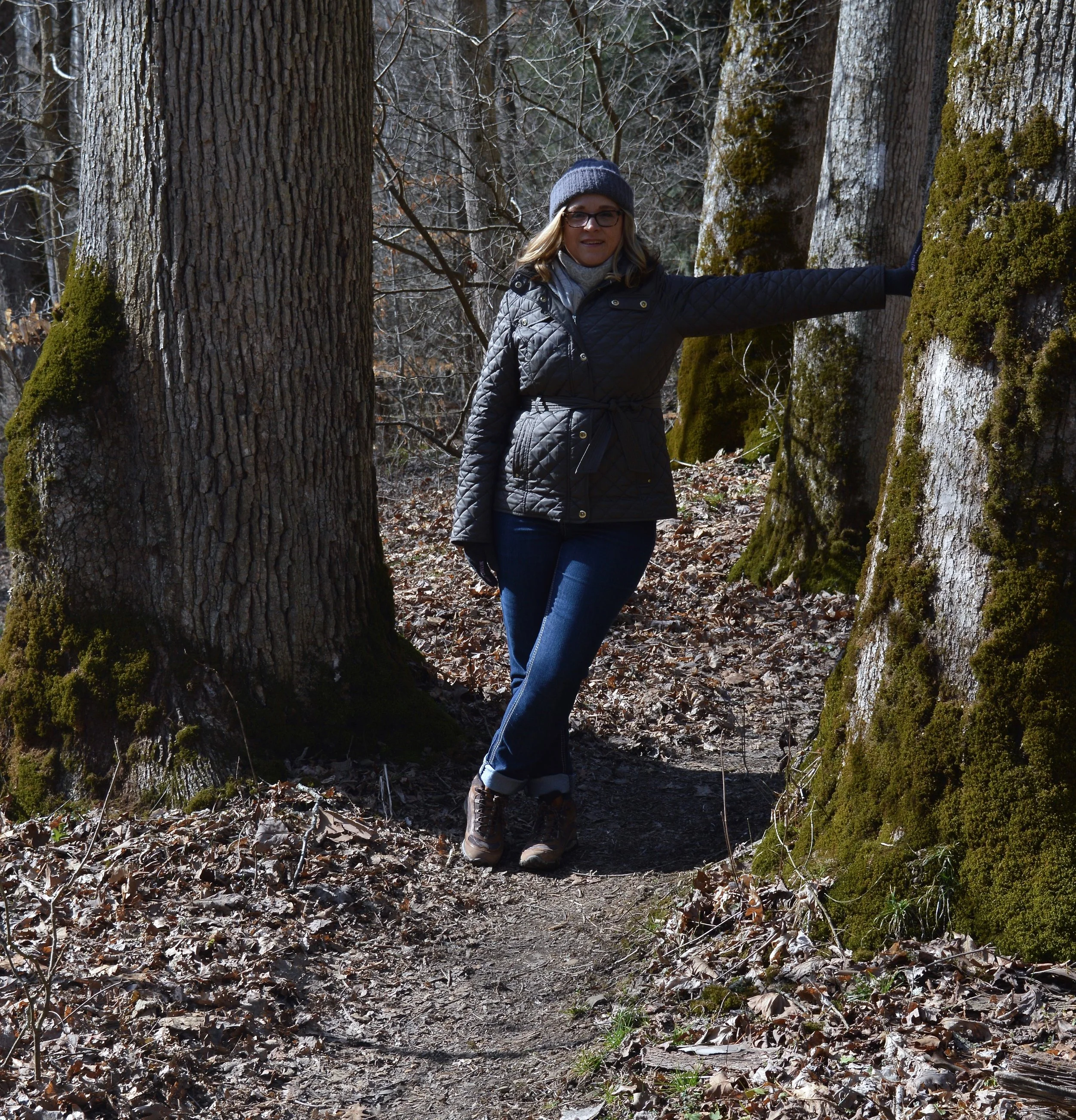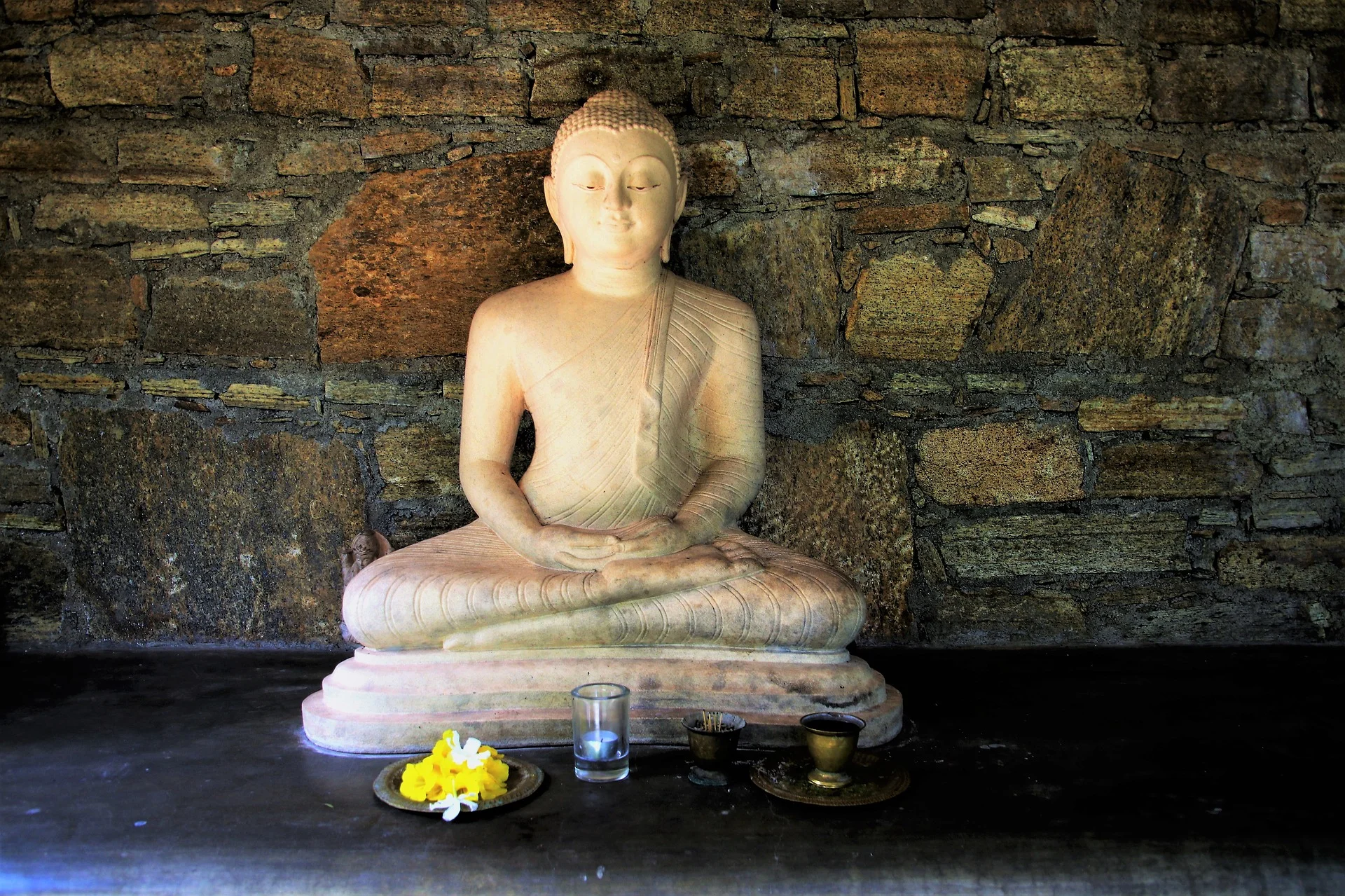Mulling It Over - Part 2
This cute little critter looks like he is thinking something over. Maybe he is wondering about that dog he sees on the other side of the yard, or maybe he's wondering where that nut is that he buried last fall. Whatever, the case may be, we need to occasionally take time to think about God's word. His word is something like those nuts that Fuzzy up there buries to eat at a later time. We can read His word many times before something really hits us. This is one of the reasons I like to tear passages apart in a verse by verse way. God's word becomes like those nuts that get buried and that are suddenly unearthed! What a joy, when God speaks from something we have read a million times.
Last month we began looking at a short passage in 2 Timothy chapter 2. We learned briefly that Timothy was a young pastor and Paul's letters to him, were letters of encouragement in dealing with church problems.
“20 Now in a large house there are not only gold and silver vessels, but also vessels of wood and of earthenware, and some to honor and some to dishonor.
21 Therefore, if anyone cleanses himself from these things, he will be a vessel for honor, sanctified, useful to the Master, prepared for every good work.
22 Now flee from youthful lusts and pursue righteousness, faith, love and peace, with those who call on the Lord from a pure heart.
23 But refuse foolish and ignorant speculations, knowing that they produce quarrels.
24 The Lord’s bond-servant must not be quarrelsome, but be kind to all, able to teach, patient when wronged,
25 with gentleness correcting those who are in opposition, if perhaps God may grant them repentance leading to the knowledge of the truth,
26 and they may come to their senses and escape from the snare of the devil, having been held captive by him to do his will.”
We looked at verse 20 and learned about a large house, one that is symbolic of the Body of Christ. In this large house are vessels of silver and gold, but also vessels of wood and clay. We in the Body of Christ are the vessels. We are not all the same, and while we all have the same purpose, glorifying God, we do not all go about it in the same way. Now, let's move on to verse 21.
“Therefore, if anyone cleanses himself from these things, he will be a vessel for honor, sanctified, useful to the Master, prepared for every good work”
Therefore,...
Whenever we see the word therefore, we need to ask the question, what is it there for? Paul goes on to say, "...if anyone cleanses himself from these things..." What are the things that he was referring to?
...if anyone cleanses himself from these things...
“14 Remind them of these things, and solemnly charge them in the presence of God not to wrangle about words, which is useless and leads to the ruin of the hearers.
15 Be diligent to present yourself approved to God as a workman who does not need to be ashamed, accurately handling the word of truth.
16 But avoid worldly and empty chatter, for it will lead to further ungodliness,
17 and their talk will spread like gangrene. Among them are Hymenaeus and Philetus,
18 men who have gone astray from the truth saying that the resurrection has already taken place, and they upset the faith of some.
19 Nevertheless, the firm foundation of God stands, having this seal, “The Lord knows those who are His,” and, “Everyone who names the name of the Lord is to abstain from wickedness.””
It seems that young Timothy's church was full of wagging tongues. It was not just an issue of gossip, though that is condemned in other portions of scripture. It was an issue of "...worldly and empty chatter..." Paul states that "...it will lead to further ungodliness, and their talk will spread like gangrene..."
That is not a pretty picture. I have never seen a gangrenous limb, but I am sure it is not pleasant. If left untreated gangrene can lead to amputation and even death. What a fitting analogy for a church whose members do not watch their tongues. One person's lies, gossip or vain chatter can affect others, which in turn can affect others and so on. If the empty talk is not nipped immediately, chaos can follow.
Since the books of First and Second Timothy were written as a guide for how church leaders and mature Christians should behave, it is natural to assume that any type of sin and wrong doing were to be avoided. Besides trying to live a Godly and pure life, what does it mean to cleanse ourselves from these things?
1. Regular confession.
Only Jesus and His blood can cleanse us from our sin. He is our high priest and we are able to come to Him and confess all.
“If we confess our sins, He is faithful and righteous to forgive us our sins and to cleanse us from all unrighteousness.”
2. Real repentance.
Repentance is a turning away from sin. We don't wash our hands, just so we can put them back in the dirt. We usually wash our hands in order for them to be clean when we are going to eat, or do something where clean hands are important. Confession cleanses us, but repentance keeps us clean.
“Therefore repent and return, so that your sins may be wiped away, in order that times of refreshing may come from the presence of the Lord;”
...he will be a vessel for honor...
If you read my post from last month, (see that here) you will remember the idea of these vessels in the big house being either, for honorable or dishonorable use. Paul reminds Timothy here that if we cleanse ourselves we will be vessels for honorable use. Just imagine you are throwing a fancy dinner. Since Easter is on Sunday, I'm sure many of us are preparing celebrations with our families. You might be setting out your best dishes and silverware, adding pretty napkins, and even Easter or spring themed decorations on the table and around your home. Now imagine that you've set the table with dirty dishes and crusted silverware. What would your guests think? I'm pretty sure, many of them would lose their appetites. Why then do we wonder why we aren't bringing people to the Lord, or into the church? Perhaps it is because we are not cleansing ourselves from these things, but are dirty, dishonorable vessels.
Pixabay
...sanctified...
The word sanctify as defined in Webster's online dictionary has three definitions that work for the purpose of this study. The first means to set apart to a sacred purpose. The second means to free from sin. The third is to impute or impart sacredness.
Pixabay
What could be more beautiful at this time of year, when we celebrate our Lord's death and resurrection, than we think about the idea of sanctification. Jesus is the one who sets apart. Jesus is the one who frees from sin. Jesus is the one who imputes and imparts sacredness. Sanctification is totally an act of a perfect being, by His shed blood on the cross. It is His blood that cleanses us. Yes, we must confess and repent, but we have nothing to do with the actual act of sanctification. It is all Him.
Thank you Jesus!
...useful to the Master....
How could we not be useful to Him, if we are cleansed and sanctified! The mere fact that we are clean vessels will make us useful. If you are anything like me, I often have dirty dishes by the sink, in the sink and in the dishwasher. Is it any wonder I can't find a clean bowl or spoon for cereal in the morning? Ha, ha. Now apply that real life idea to your life with Christ. Has it been a long time since you have felt used by Him? Maybe you need to check to see if you are clean. Yes, it is time to wash those dishes and wash our hearts and minds of all that does not honor and glorify Him.
...prepared for every good work.
I love this idea, that we can be both useful to the Master and prepared for every good work. If we are regularly going to Jesus, confessing and repenting, then we are regularly allowing Him to wash us sparkly clean, so that then we are useful to Him, whenever and wherever He chooses to use us.
As you look forward to this weekend, a time of remembering and being thankful for all that Jesus did for us, spend a few moments thinking about your own condition. Are you a vessel that is prepared for honorable use? Are you clean? I don't want to be caught with dirty dishes on my table when He comes to dinner. Do you?














